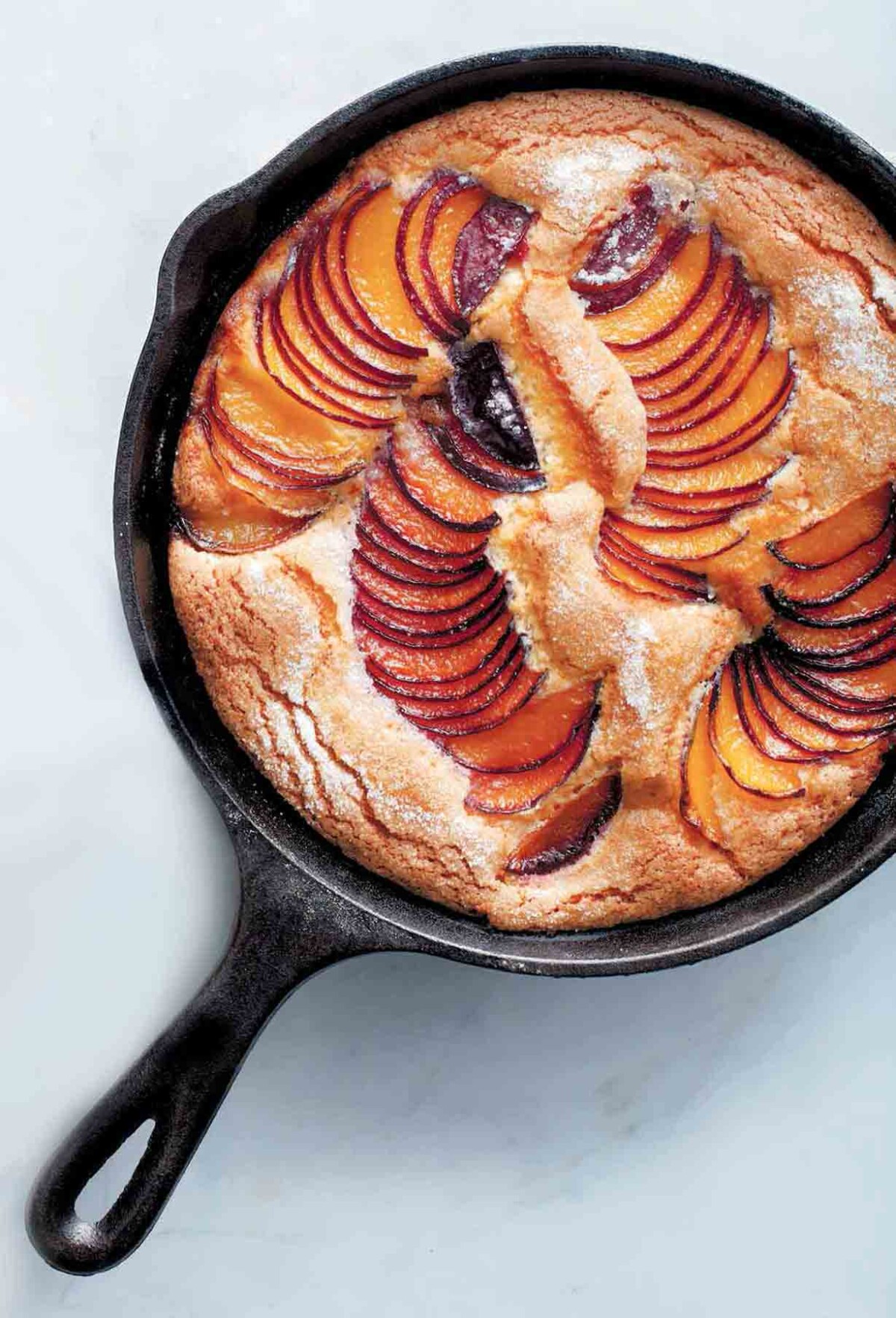
Grab your cast-iron skillet and your sweet tooth, folks. There’s skillet cake to be had. This particular skillet plum cake is sorta like an upside-down cake except it’s right-side-up, tender with a lovely crumb, and just sweet enough to play nicely with the tart fruit atop.
You can make it with just about any fruit—stone fruits during late summer are lovely but then so are apples and pears come autumn or berries during late spring. Play around with it. Or, if you prefer to go by the rules, stick with plums. Any way you have at it, you won’t be disappointed.–David Leite
Skillet Plum Cake FAQs
Cast iron provides an even, steady heat, which makes baking a whole lot simpler. The product’s ability to retain heat ensures cakes will be tender and evenly cooked, the fruits in your crisps and cobblers are deliciously soft, and skillet brownies or skillet cookies are gooey in the center but with crisp, chewy edges.
Absolutely. Watch for what’s in season. We suggest peaches, nectarines, apples, pears, your favorite berries, or apricots.
It’s delicious all on its own, served directly from the skillet, but a scoop of vanilla ice cream or dollop of whipped cream on top would also work well.
More Amazing Plum Recipes
Write a Review
If you make this recipe, or any dish on LC, consider leaving a review, a star rating, and your best photo in the comments below. I love hearing from you.–David
Want to Save This?
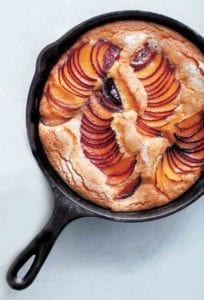
Skillet Plum Cake
Ingredients
- 4 tablespoons (2 oz) unsalted butter, at room temperature, plus more for the skillet
- 1 cup all-purpose flour, plus more for skillet
- 1/2 teaspoon baking powder
- 1/4 teaspoon baking soda
- 1/2 teaspoon coarse salt
- 3/4 cup plus 2 tablespoons granulated sugar
- 1 large egg
- 1/2 cup buttermilk, (either low-fat or full-fat)
- 2 ripe medium plums, or more if desired, thinly sliced (or substitute 1 large pear, 1 large apple, or 1 to 1 1/2 pints fresh berries)
Instructions
- Preheat the oven to 375°F (191°C). Butter an 8- or 9- or 10-inch ovenproof skillet (preferably cast-iron) and dust it with flour.
- In a bowl, whisk together the flour, baking powder, baking soda, and salt. With an electric mixer on medium, beat the butter and 3/4 cup sugar until pale and fluffy, 3 to 5 minutes.
- Beat in the egg until combined. Reduce the speed to low and add the flour mixture in 3 batches, alternating with the buttermilk in 2 additions, and mix until combined.
- Scrape the batter into the prepared skillet and smooth the top. Arrange the plums on top, fanning the slices. Sprinkle with the remaining 2 tablespoons sugar.
- Place the skillet on a rimmed baking sheet and bake until the surface is golden brown and a cake tester inserted in the center comes out clean, 35 to 45 minutes, depending on the size of the skillet. (The smaller the skillet, the longer the cake will need to be in the oven.) The fruit will sink somewhat during baking and may fall to the bottom and that’s okay.
- Transfer the skillet to a wire rack to cool slightly before slicing into wedges and serving.
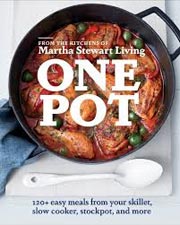
Explore More with AI
Nutrition
Nutrition information is automatically calculated, so should only be used as an approximation.
Recipe Testers’ Reviews
Tender cake combined with fruit is never a bad thing. I loved the slightly tart fruit combined with the sweet skillet cake. The cake was wonderful warm with ice cream on top. It was also pretty darn good the next day at room temperature with no ice cream.
I used frozen raspberries for my fruit, letting them thaw while I mixed the batter. They were still frosty when I baked the cake, which might have contributed to the long bake time. I used 13 ounces raspberries, as I was just using what I had on hand. It was probably more than the recipe would’ve called for, but we liked the large amount of fruit. The berries covered the top of the batter completely.
When the cake was done, the top was golden brown, and the berry juices were thick and bubbly around the edges. My berries sunk into the cake batter and ended up on the bottom of the pan, so we had a layer of cake on top and a layer of fruit on the bottom. We didn’t mind it at all. The cake was lovely and airy with just a hint of sponginess, probably from the moisture from the large amount of fruit.
I did add 1 teaspoon vanilla to the cake batter, which I thought would complement the raspberries. I think I would include the vanilla with any fruit, really, and probably use 2 teaspoons next time (I really like vanilla).
If I was making this with apples, I’d add cinnamon to the batter. I’m also envisioning blueberries with lemon extract and cherries with almond extract. This recipe will definitely become part of our dessert repertoire, adjusting for whatever fruit is in season or in the freezer.
Who would have thought a simple skillet cake could be so good? Thank you for this recipe. This was a lovely light cake studded with (not enough!) pieces of fruit. I was surprised—I didn’t expect much from so few ingredients, but the cake surpassed those expectations and then some.
I can see this working with so many different fruits. It’s a recipe I will have in my back pocket when I need to bake a cake for company or friends and I’m home with no cake pan.
I used a cast-iron pot (I didn’t have a skillet available) that was 8 inches (20 centimeters) in diameter. I didn’t have baking soda so added another 3/4 teaspoon baking powder (I read that you need to use 3 times the amount of powder if you haven’t got soda).
I used apricots since that’s what’s in season where I am right now (southwest France). I don’t think 2 was enough—they all sank to the bottom of the cake, and I kind of wanted to see some on top. Next time I would make this and use twice as much fruit so that it would be more evenly distributed throughout.
My cake rose beautifully—maybe 1 1/2 inches (4 centimeters) high. I loved the light texture of the cake as well as its pretty yellow color.
The top had a crater of sorts in the middle, so I tried hiding it with a glaze of apricot jam mixed with Armagnac and fresh passionfruit. The glaze absolutely transformed this from being a lovely after-school snack-type cake to a dessert that adults oohed and aahed over one Sunday lunch when people thought they couldn’t possibly eat another bite. The cake was polished off in minutes. What a great recipe.
A very nice summer recipe. Super simple and quick. Everybody loved it.
I made it with a mixture of berries (blueberries, raspberries and blackberries). The recipe worked very well. I will make this again with plums or pluots next time.
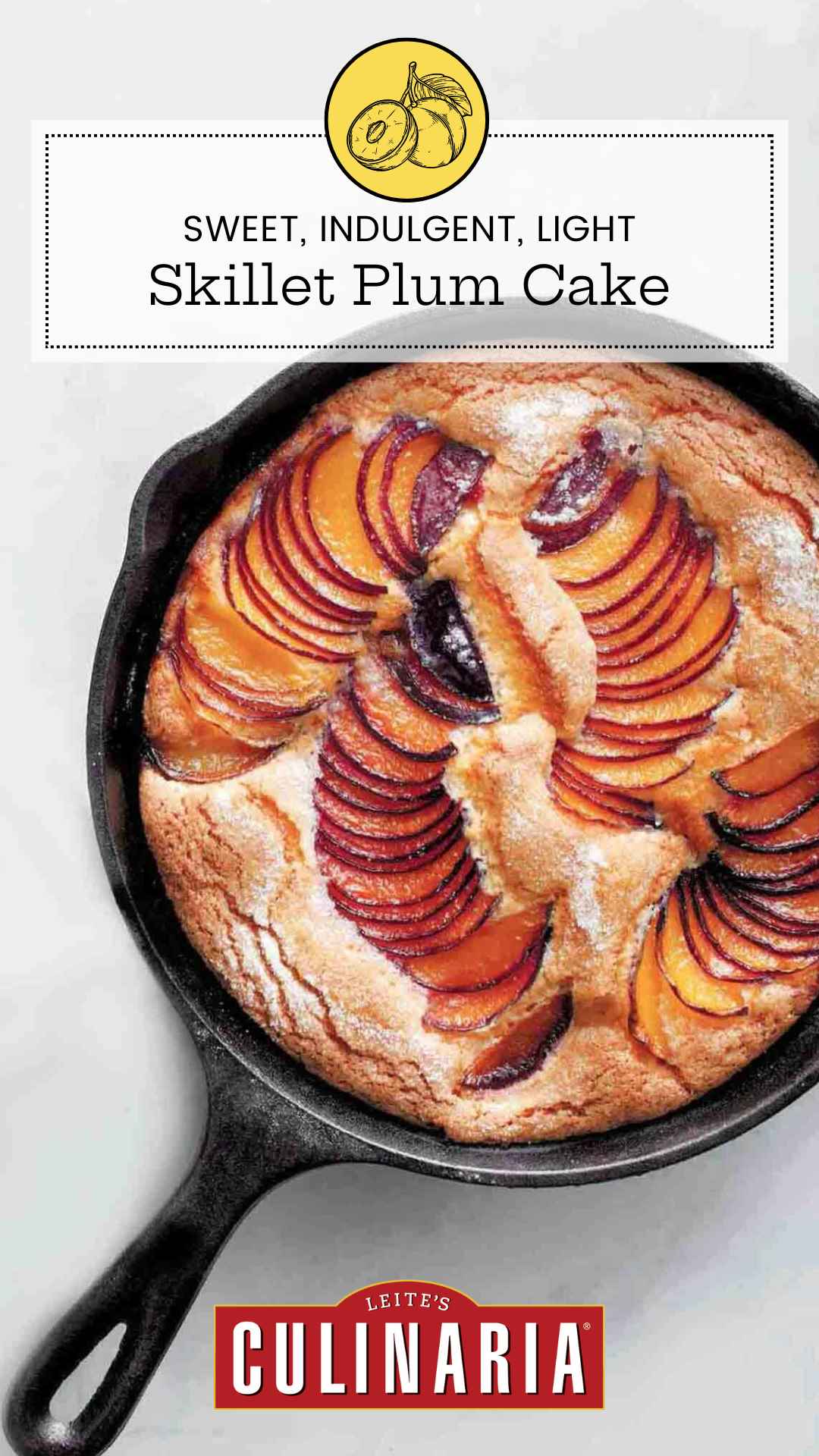
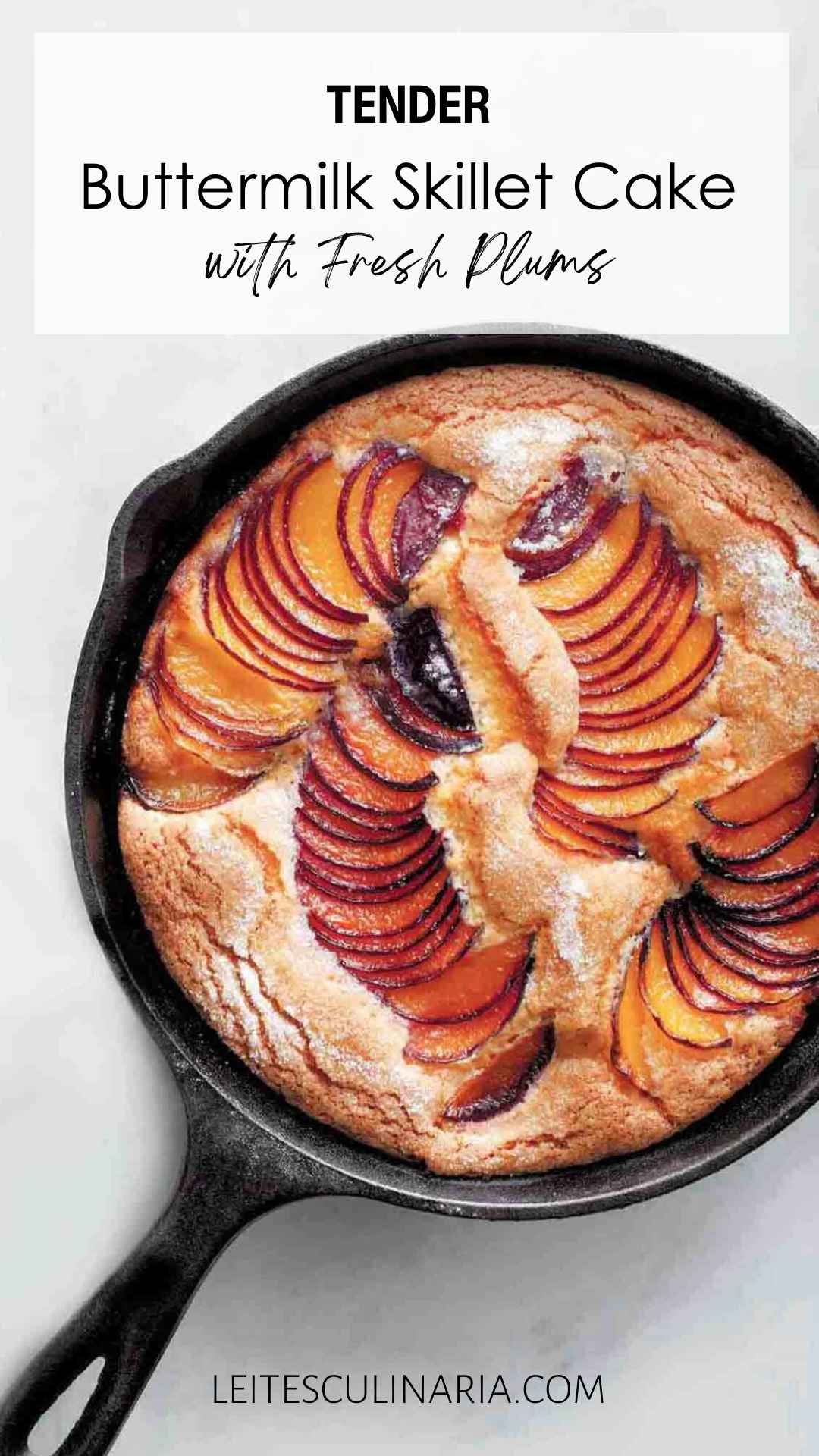
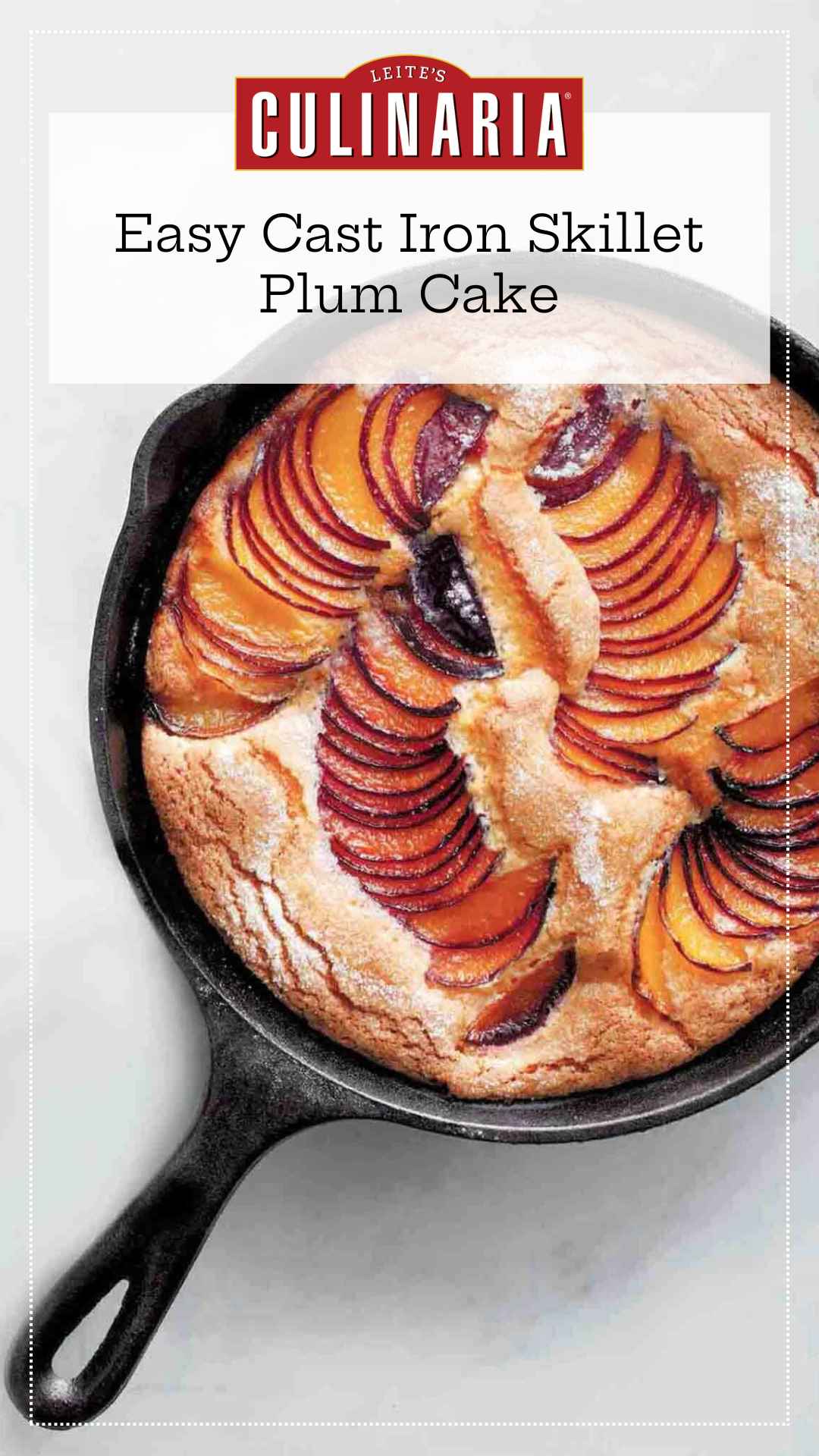
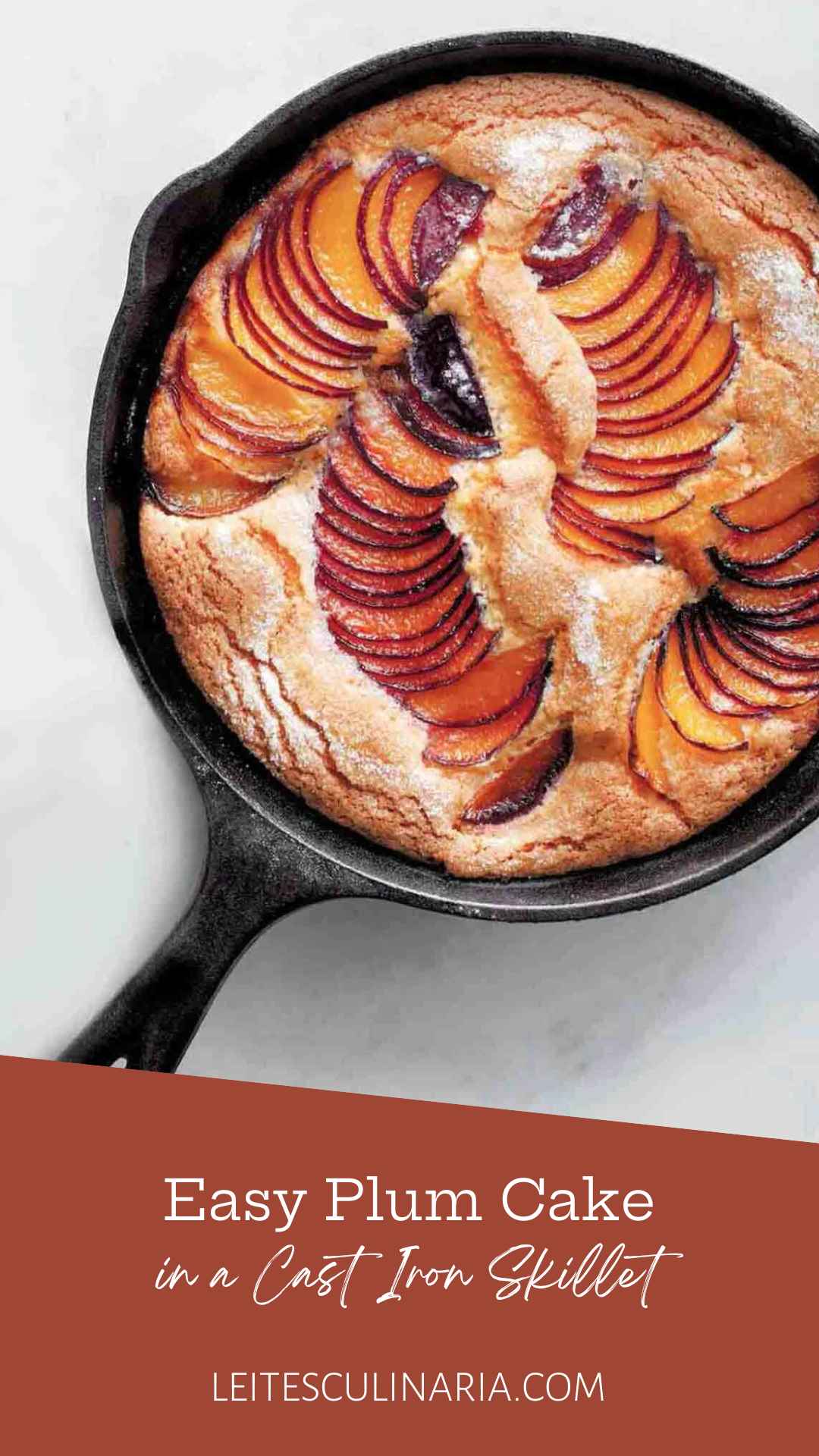
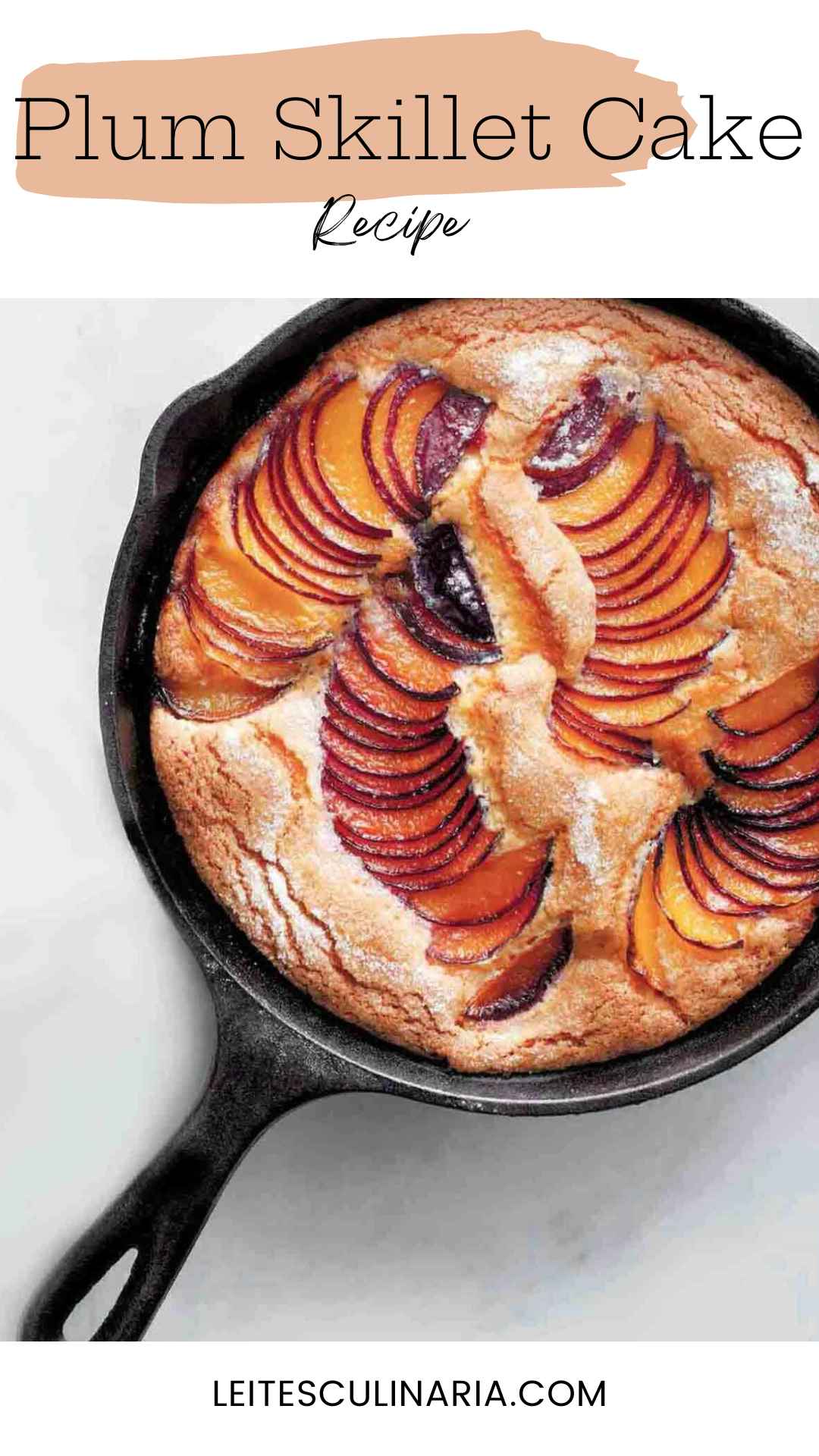
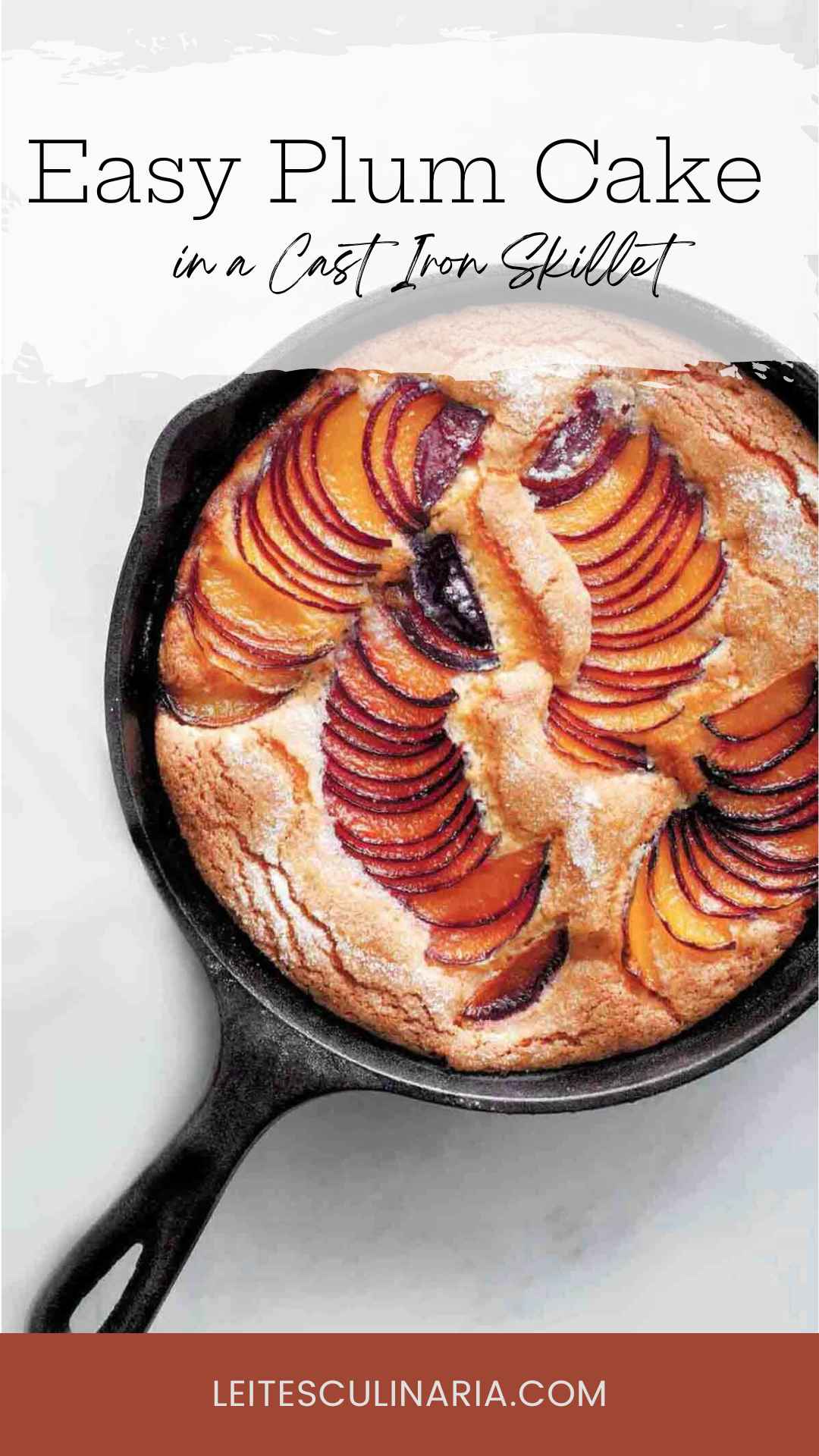
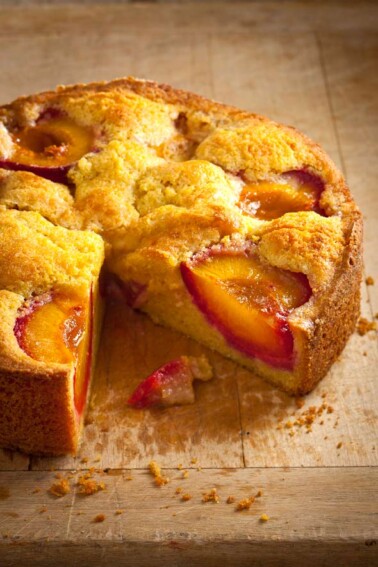
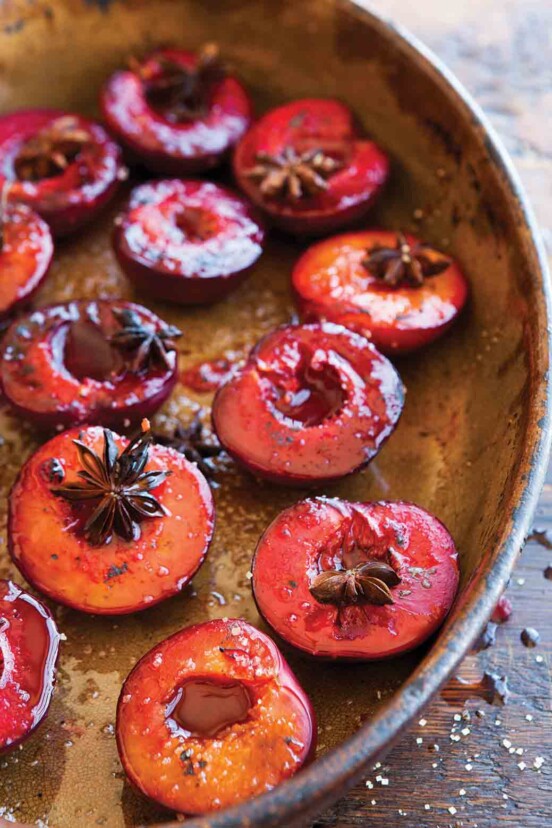
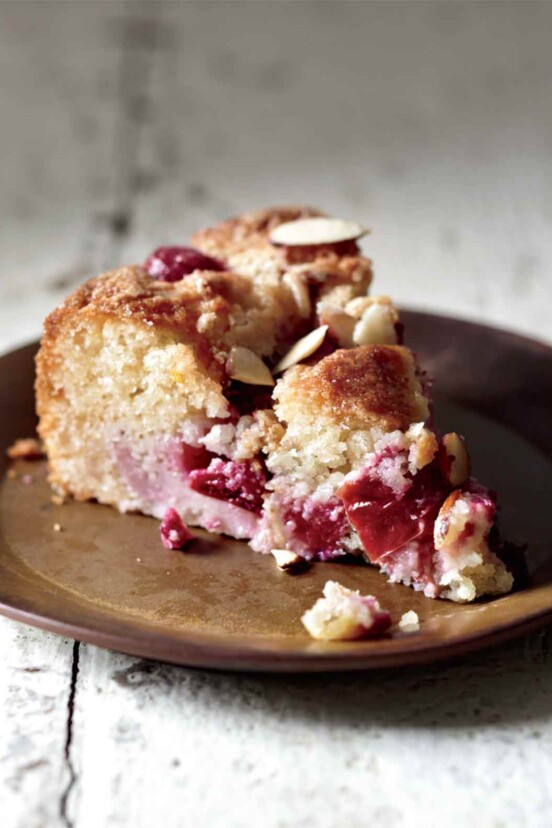











hi, i am in hangzhou, china. how much is “one cup”?
Hello, Emma I cup = approximately 125 grams. Hope this helps.
You Italians can cook anything. Wink, wink.
Hah! Thanks for the chuckle, Uncle Dick!
Does it HAVE to be a cast-iron skillet?
No, Kat, it could be a different ovenproof skillet that has a surface that’s relatively nonstick. We suggest cast-iron simply because it’s oven-proof and nonstick and inexpensive—the trifecta of what this recipe requires of a skillet.